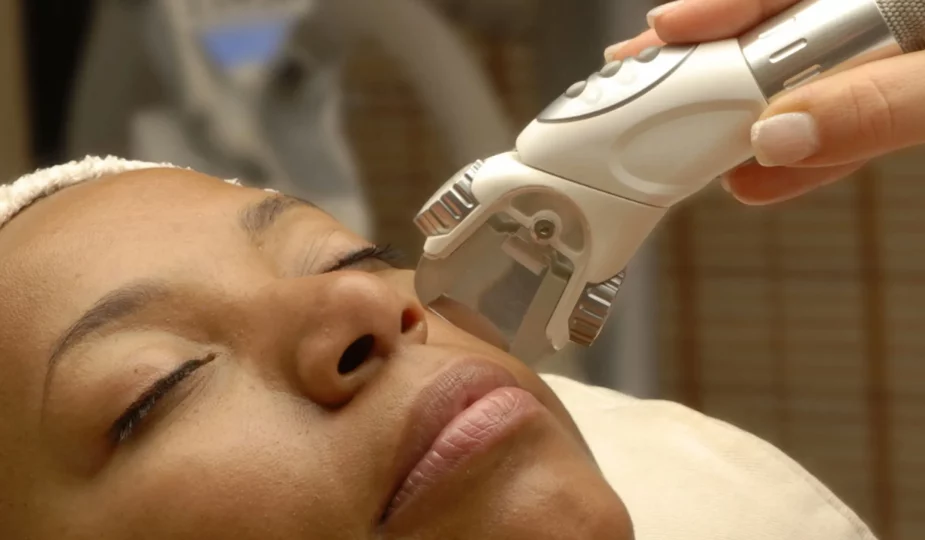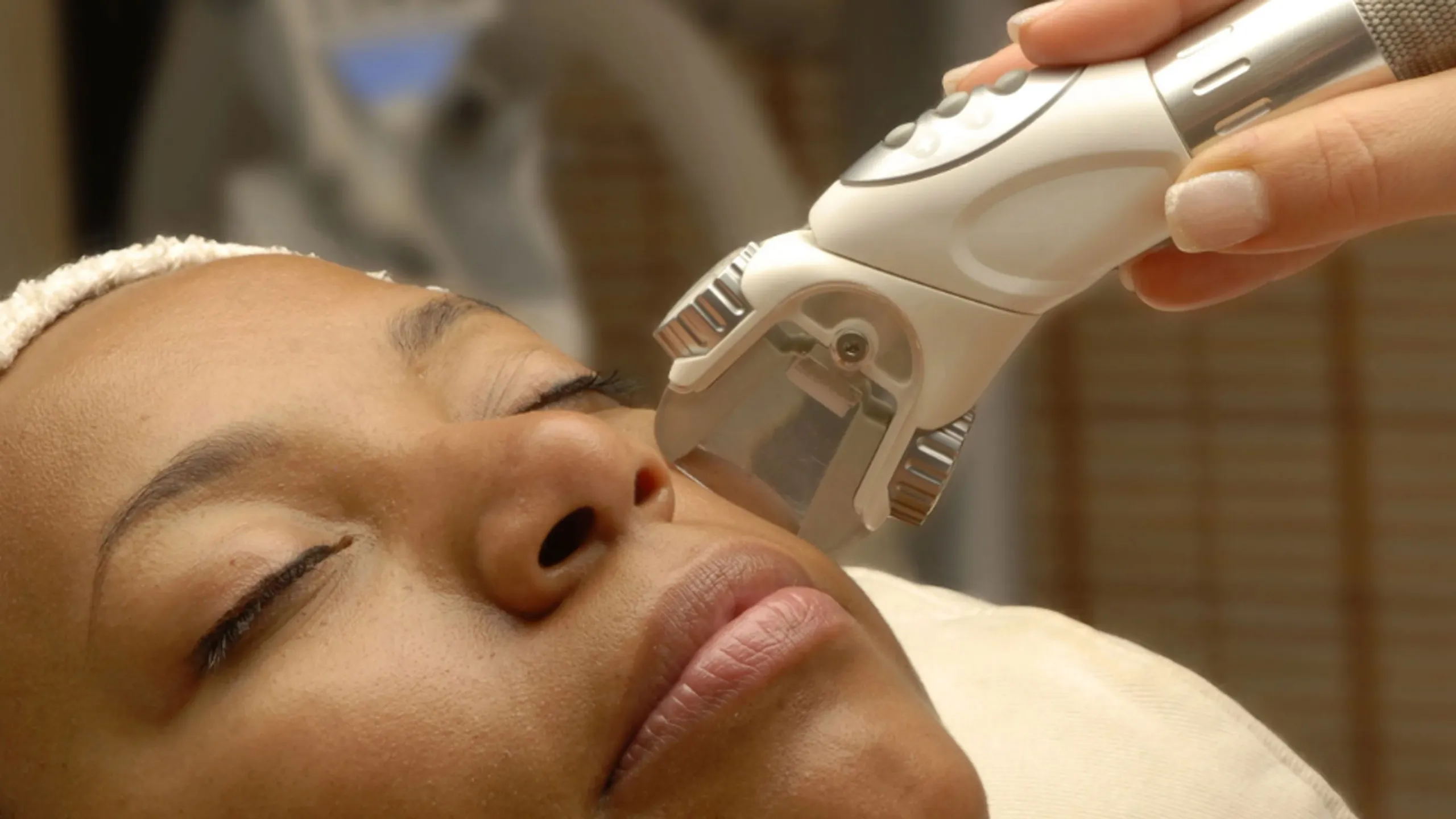
Tips to Reduce Hyperpigmentation in Medium & Light Skin Tones
Hyperpigmentation (or skin pigmentation) is when particular portions of your skin are darker than the rest, which can affect human beings of all skin types.
This can take place in small patches of skin, cover large skin regions, or in fewer cases, the whole body.
If you happen to be of a light or medium skin complexion and the skin on your face has patches of darker pigmentation, if you are concerned about what to do next, you have arrived at the right place.
It may not be easy, but there are ways for you to prevent or reduce already existing brown spots, blotchy skin, and a rough skin texture with the tips we have provided below.
Hyperpigmentation occurs when your skin produces more melanin (the pigment that gives you your skin color) than normal. That excess pigment is deposited deep inside the skin, making it appear darker than the skin around it.
Causes of Hyperpigmentation
These are some of the most typical reasons why hyperpigmentation occurs:
- Chloasma (Melasma). Patches of dark pigmentation that generally appear on the face can be an indication of hormonal changes taking place (normally associated with pregnancy hormones).
- Medical conditions. Hyperpigmentation can be a symptom of an underlying medical condition like Addison’s disease. Seek professional help from your doctor or dermatologist if you are unsure where your hyperpigmentation situation stems from.
- Sun damage. The sun’s UV rays can be hard on your skin and are responsible for up to 80 percent of premature skin aging. One of these aging signs can be hyperpigmentation, which shows up in the form of age spots from life-long exposure to sun rays.
- Post-inflammatory hyperpigmentation. During the course of your skin going through an inflammatory phase (acne or eczema), it can go crazy and create darker spots after it heals.
Preventing Hyperpigmentation
Be aware that not every single case of hyperpigmentation can be prevented. With that in mind, there are still are steps you can attempt to prevent particular occurrences of hyperpigmentation:
- Apply SPF. Pick sun protection that is at least SPF 15 and apply it daily, even when you are going outside during the colder months, guarding your skin against harmful UV rays.
- Avoid direct sunlight. Make an effort to stay out of the sun during the peak hours of 10 am to 2 pm by sitting in a shaded area or under a sun umbrella when you are outdoors.
- Incorporate Vitamin C into your beauty routine. Vitamin C is an antioxidant that has plenty of nutrients and has powerful skin-brightening and anti-aging capabilities that helps neutralize free radicals and limit the damage caused by excessive sun exposure.
- Limit touching your skin. When you keep scratching that itchy mosquito bite, the result can become inflammation and lead to darker pigmentation on your face. Avoid touching your skin and when you do, wash your hands first.
- Wear a hat. When you are going to spend a day at the mercy of the sun, make sure that you are prepared by shading your face and scalp with a hat that has a wide brim.

Reducing Hyperpigmentation for Light to Medium Skin
People with lighter skin tones generally have more options for removing dark spots than people with darker skin tones, including cosmetic procedures such as chemical peels or micro-needling, which are not as complex for them.
But no matter the skin tone, these procedures must be done by a board-certified dermatologist.
Bleaching agents and laser treatments are other options for getting rid of darker blotches of the skin caused by hyperpigmentation.
If you lighten your spots at home, use plant-based antioxidants with anti-inflammatory benefits like green tea extract, ferulic acid, resveratrol, and vitamin C because these have skin-lightening properties that can prevent future UVA damage to your skin.
Ingredients that are more aggressive, such as retinol, are helpful for treating patients with pigmentation as well. But people with sensitive skin may not be able to tolerate a prescription-strength retinoid (like Retin-A and isotretinoin).
If you know that your skin is sensitive, products that are formulated with lower concentrations of retinol are a better choice. You can find products that contain bakuchiol, which is the natural alternative to retinol and is more gentle on your skin.
Kauai Color Corrector
Kauai Color Corrector is a cream that can assist you with the appearance of dark spots and circles, scars left over from acne scars, and hyperpigmentation over the course of time.
If you are looking to reduce hyperpigmentation for light to medium skin, this vegan product has been formulated with White Lily for antioxidants to help decrease dark spots, Kukui Nut for Vitamin A & E and linoleic acid to smoothen and hydrate your skin, and Noni for Vitamin B3 & C to assist in reversing the signs of aging and acne scars.
To get the best results that you possibly can, follow the included instructions and apply Kauai Color Corrector daily.









